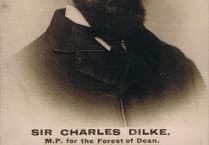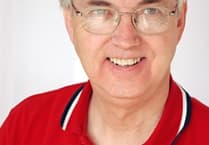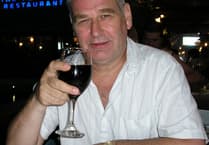We all may have noticed that shopkeepers and other vendors are now asking for payments for small amounts to be paid by cash, rather than by credit or debit card. I didn’t know that banks take a commission on debit card payments. But apparently they do, and the bank’s commission on card payments seems to be disproportionally higher on small payments than on large payments, so the vendor’s return is therefore disproportionally less. This seems to be some sort of minor reverse to the apparent dream of a cashless society.
The first step to this dream was in the rise of the cheque book, the start of the cashless society. And now you can wave a card at a payment machine.
Many years ago, naïve provincial students such as myself were aware of all the implications of a new cheque book system, which included bounced cheques, and post-dated cheques which were written in the optimistic belief that when the cheque was presented the account would magically have the required funds to support it. Students were known to complain to bank staff that they ‘couldn’t be out of money, having still some cheques left in their cheque book’.
I have to admit that the optimistic cheque I presented for my first property in the Forest in the early 1970s, acquired at an auction, required some delicate negotiation immediately after with my bank manager in London to get honoured.
This was around the start of the decimal based currency in 1971 where pounds and pence took over from ‘LSD’. In the pre-decimalisation age we had pounds, shillings and pence. We used LSD (the Latin ‘Librae, Solidi, and Denarii’) instead of PSP (Pounds, Shillings and Pence) as the name for our currency after the Latin ‘Librae, Solidi, and Denarii’. Perhaps coincidentally ‘LSD’ was also the name of a drug used by hippies in the 1960s.
In those pre-decimal days we had the farthing (¼d), ha’pny (½p), penny (1p), the new nickel thrupenny (3 pence) bit, the old silver thruppenny piece, sixpence (tanner), shilling (bob), 2 shillings (florin), 2 shillings and 6 pence (half a crown or half a dollar, a survivor from olden days when there were 4 American dollars to the pound), crown (5 bob) minted for Queen Elizabeth’s coronation, ten bob note, pound note (quid), and the guinea, worth 21 shillings, widely used in horse racing circles. Pounds and pence are much easier to handle than the old system, but much less interesting. Incidentally pence is the plural of penny, and thrupenny is the way you pronounce three pence.





Comments
This article has no comments yet. Be the first to leave a comment.